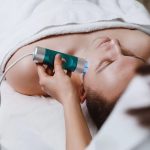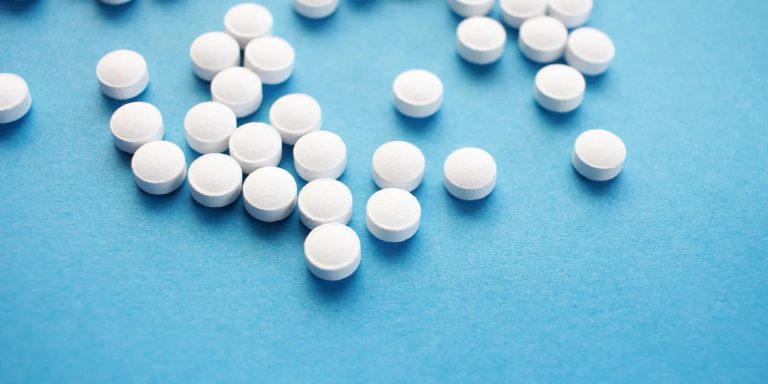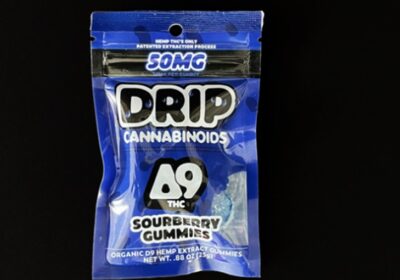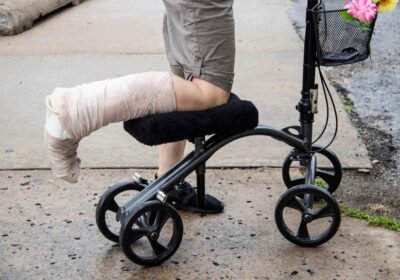
The Relationship Between Testosterone and Sexual Function
Testosterone, a vital hormone predominantly produced in the testicles, plays a crucial role in male sexual health. Its influence spans various aspects of sexual function and reproductive capabilities.
What is Testosterone?
Testosterone is classified as a steroid hormone essential for the development of male sexual characteristics. It is not only pivotal in puberty but also maintains various bodily functions throughout a man’s life.
How Testosterone Affects Sexual Desire
The hormone significantly influences sexual desire or libido. Fluctuations in testosterone levels can lead to changes in sexual interest, with lower levels often resulting in decreased libido. Huddle Men’s Health emphasizes the importance of maintaining balanced testosterone levels for sustaining sexual desire.
Testosterone’s Impact on Reproductive Functions
Testosterone is integral to several reproductive functions, including:
- Sperm production: It stimulates the production of sperm, affecting fertility.
- Penile health: Adequate levels help maintain penile tissue health and functionality.
- Sexual performance: It enhances sexual performance by contributing to the stamina and overall sexual health.
Biological Mechanisms of Testosterone in Sexual Function
Testosterone plays a pivotal role in male sexual health, influencing various aspects from erectile function to sperm production. Understanding these mechanisms can help in addressing sexual dysfunctions and improving overall sexual wellness.
- Testosterone and Erectile Function: Testosterone is crucial for the normal functioning of the erectile mechanism. It helps in the dilation of blood vessels, allowing more blood to flow into the penis during sexual arousal. According to MensHealth.Com, adequate levels of testosterone are necessary to maintain an erection.
- The Role of Testosterone in Libido: Testosterone levels directly correlate with libido or sexual desire. A decrease in testosterone often results in a reduced interest in sexual activity. This hormone acts on specific centers in the brain that trigger sexual arousal and desire.
- Testosterone and Sperm Production: Sperm production is heavily dependent on testosterone levels. It stimulates the testes to produce sperm, which is essential for reproduction. Wikipedia notes that any imbalance in testosterone levels can significantly affect the quality and quantity of sperm, potentially leading to fertility issues.
Clinical Perspectives on Testosterone Deficiency
Symptoms of Low Testosterone
Low testosterone can manifest through various symptoms that may impact an individual’s quality of life significantly. Common indicators include reduced sex drive, fatigue, muscle weakness, and mood changes. It’s crucial for individuals to recognize these signs early to seek appropriate medical advice.
Diagnosing Testosterone Deficiency
Diagnosing low testosterone involves a combination of symptom assessment and blood tests. Medical professionals typically require multiple tests to confirm a deficiency due to natural fluctuations in hormone levels.
Treatment Options for Low Testosterone
Treatment for low testosterone may vary based on the underlying cause and the severity of symptoms. Options include:
- Testosterone replacement therapy (TRT)
- Medications that stimulate testosterone production
- Lifestyle changes recommended by healthcare providers
For more detailed information, visiting specialized websites like PeakTRT.com can provide additional resources and guidance on managing testosterone deficiency.
Impact of Lifestyle on Testosterone Levels
Diet and Testosterone
The relationship between diet and testosterone levels is well-documented. Foods rich in zinc, vitamin D, and omega-3 fatty acids are known to support the production of testosterone. Conversely, excessive consumption of processed foods and sugars can lead to a decrease in testosterone levels. It is recommended to maintain a balanced diet that supports hormonal health.
Exercise and Hormonal Health
Regular physical activity is crucial for maintaining healthy testosterone levels. Activities like weightlifting and high-intensity interval training (HIIT) are particularly beneficial as they help increase testosterone production. Consistency in exercise routines is key to achieving optimal hormonal balance.
Stress and Its Effects on Testosterone
Chronic stress is a major enemy of testosterone production. The stress hormone, cortisol, negatively impacts testosterone levels when present in high amounts. Managing stress through techniques such as meditation, yoga, or even regular therapy sessions can help maintain healthy testosterone levels. Institutions like MensTclinic also offer specialized guidance on managing stress to optimize testosterone levels.
Age-Related Changes in Testosterone and Sexual Health
Testosterone Levels Throughout Life
Testosterone levels naturally decline with age, starting typically around the age of 30. Each year, men may experience a gradual decrease in hormone levels, which can affect various aspects of their health and sexual function.
Managing Sexual Health in Older Age
As men age, maintaining sexual health becomes crucial. Strategies to manage sexual health include regular physical activity, a balanced diet, and routine medical check-ups to monitor hormone levels and overall health.
Preventive Measures for Maintaining Testosterone Levels
Preventive strategies to maintain healthy testosterone levels are essential for aging men. These include:
- Maintaining a healthy weight
- Engaging in regular exercise
- Ensuring adequate sleep
- Managing stress effectively
- Considering testosterone replacement therapy under medical supervision if levels are significantly low.
The Role of Testosterone Therapy in Sexual Wellness
Benefits of Testosterone Replacement Therapy
Testosterone Replacement Therapy (TRT) has been a significant advancement in treating sexual health issues related to low testosterone levels. The benefits of TRT include:
- Improved libido and sexual desire
- Enhanced erectile function
- Increased muscle mass and strength
- Better mood and quality of life
Organizations like TRT Nation have been at the forefront of providing accessible TRT solutions, emphasizing the transformative effects of well-managed testosterone levels on overall sexual wellness.
Risks and Considerations
While TRT can offer substantial benefits, it is not without risks. Potential side effects include:
- Increased risk of cardiovascular diseases
- Possible prostate abnormalities
- Skin reactions at the site of testosterone application
- Fluctuations in blood pressure and cholesterol levels
It is crucial for individuals to consult healthcare providers and consider these risks before starting TRT.
Monitoring and Adjusting Treatment
Continuous monitoring is essential to ensure the effectiveness and safety of testosterone therapy. This involves:
- Regular blood tests to monitor testosterone levels and other vital parameters
- Adjusting dosages based on treatment response and side effects
- Periodic re-evaluation of treatment goals and outcomes
This structured approach helps in maximizing the benefits while minimizing potential risks associated with testosterone therapy.
Exploring Alternative Treatments and Supplements
Natural Supplements for Boosting Testosterone
Various natural supplements are touted for their potential to boost testosterone levels. Some of the most commonly recommended include vitamin D, zinc, and herbal extracts like fenugreek or ashwagandha. While evidence varies, these supplements may offer a natural alternative to more invasive therapies.
Holistic Approaches to Sexual Health
Holistic approaches to sexual health often emphasize the integration of mind, body, and spirit. Techniques such as yoga, meditation, and mindfulness are explored for their potential to improve overall well-being and, by extension, sexual health and testosterone levels.
Comparing Conventional and Alternative Therapies
When considering treatments for low testosterone and sexual health issues, it’s important to compare conventional medical treatments with alternative therapies. Factors such as efficacy, side effects, cost, and personal health philosophy should be considered to make an informed decision about the best approach for individual needs.


















